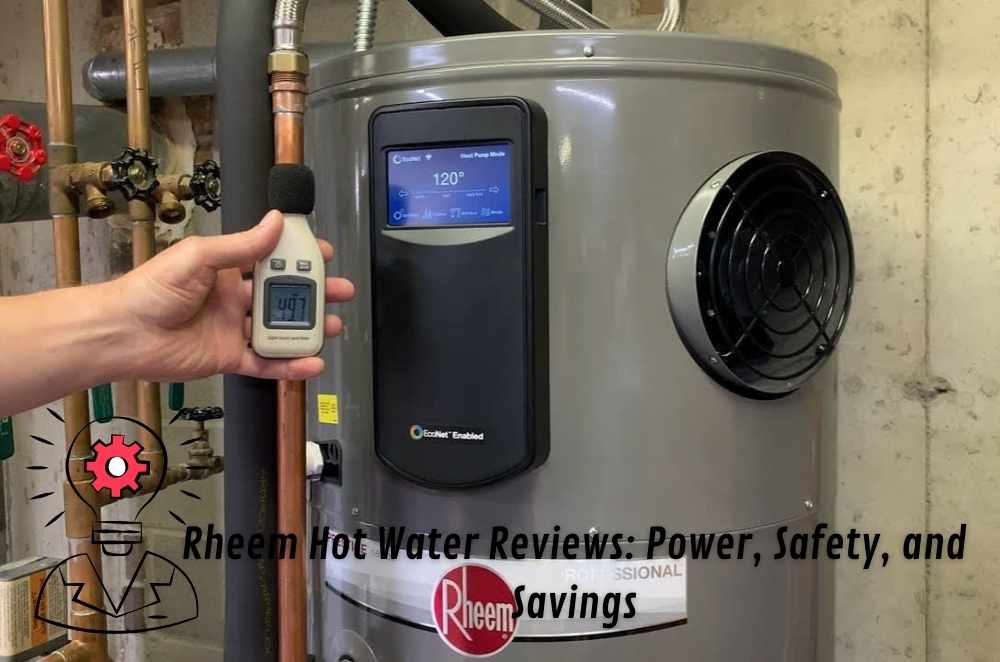
Why Rheem remains a trusted name in Aussie homes
For over 80 years, Rheem has been a familiar name in Australian households. Known for its durability and local manufacturing, Rheem hot water systems consistently rank among the most installed brands across the country — and it's not just about brand loyalty. Their systems are genuinely built to last and are backed by solid service and warranty support.
If you're looking into a Rheem electric hot water option, chances are you’ve already seen their models pop up in product comparisons, tradie recommendations, or even your own strata building. Rheem offers a wide range of storage sizes, energy types (electric, gas, solar), and installation formats to suit Aussie homes from bush to beach.
But is Rheem worth the investment? And how does it stack up when safety, performance, and long-term value are on the line?
Let’s dive in.
The power behind Rheem: Performance in the real world
Not all hot water systems are built equally. Some are sleek and smart but underwhelming in output. Others run like tanks but guzzle electricity. Rheem, though, seems to strike a good balance — and that’s echoed by both homeowners and tradies I’ve worked with over the years.
Take my investment property as an example. A few years back, I installed a Rheem 250L electric model for a four-person household. It was mid-winter in Sydney, but the system didn’t flinch. Recovery time was solid, the water was consistent, and even during back-to-back showers in the mornings, the tenants never complained about running cold.
That’s not luck — it’s engineering. Rheem’s electric storage units are known for:
Fast recovery rates that handle multiple uses
Heavy-duty tanks that are enamel-lined and corrosion-resistant
Flexible energy compatibility, including off-peak power plans
Long warranties, with some models offering up to 12 years on the cylinder
Safety first: Why hot water temperature matters
Every year, scald injuries from household hot water systems send children and elderly Australians to the hospital. Many of these injuries are entirely preventable. That’s why modern units like Rheem include built-in safety features to manage temperature output.
I always advise clients with young kids or elderly family members to go for a model with a thermostatic mixing valve (TMV) or tempering valve. These ensure water delivered to taps is below scalding point, while the system itself still operates at safe bacteria-killing temps inside the tank.
According to NSW Health, practicing good hot water safety isn’t optional — it’s vital. In fact, in new builds and renovations, tempering valves are often mandatory under plumbing codes.
So don’t skip safety for cost. Your future self (and your family) will thank you.
The true cost of ownership: Value over time
Here’s where Rheem systems often shine. Though slightly more expensive upfront than no-name imports or entry-level brands, Rheem units usually offer:
Lower running costs, especially when set up with time-of-use (TOU) tariffs
Simpler repairs, with widely available parts and trained technicians
Longer life expectancy, especially in softer water regions
Better resale appeal, particularly in strata-managed apartments and family homes
For me, the deciding factor has always been long-term reliability. If I’m fitting out a property I want to forget about for 10 years — I go Rheem.
Maintenance tips that make a big difference
Like any home appliance, even the best hot water systems need a bit of attention now and then. It’s easy to forget, especially when everything seems to be running fine—until it’s not.
Here are a few Rheem maintenance tips I regularly share with customers:
Test the pressure-temperature relief valve (PTR) once a year — it's a vital safety feature.
Flush sediment buildup every 2–3 years, especially in areas with hard or mineral-heavy water.
Check anode rods periodically. Replacing them can extend the cylinder’s life by several years.
Keep the area clear around outdoor systems so airflow and drainage stay unblocked.
If you're not confident handling these yourself, book a licensed plumber to inspect your system annually. A quick check-up can catch minor issues before they become major repairs.
Comparing Rheem to other brands: What you need to know
With so many hot water brands in the market — Rinnai, Bosch, Thermann, Dux — it’s easy to feel overwhelmed. Should you pay more for a “premium” system, or save money upfront with a budget model?
In side-by-side comparisons, Rheem usually scores highly on three fronts:
Availability of service — thousands of licensed tradies nationwide know how to install and fix them
Warranty support — clear policies and local warehousing for spare parts
Energy versatility — models available in electric, gas, continuous flow, and solar-boost hybrid options
If you’re still weighing things up, check out this neutral guide that helps you compare hot water systems — it lays out the pros and cons clearly without marketing fluff.
Final thoughts: Should you choose Rheem?
There’s no “one size fits all” when it comes to hot water. But for most Aussie homes — especially families, investors, or renovators looking for peace of mind — Rheem is one of the safest bets out there.
Here’s why it works:
Tried and tested: Manufactured in Australia, for Australian conditions
Support network: Easy access to licensed installers and service agents
Smart design: Modern units include safety valves, energy-smart controls, and size flexibility
Long warranties: Confidence in longevity — many units outlast their warranty by years
Still, it pays to ask questions. Consider your household’s hot water needs, your home’s layout, and what kind of tariff your energy provider offers. Then, run it past a licensed plumber who can size your system correctly and install it to code.
And don’t forget — if you're already using a Rheem system, check out our guide on Rheem maintenance tips to keep it running at peak performance. Or, if you're still exploring options, this buyer’s guide to compare Sydney Hot Water Systems is a great next step.

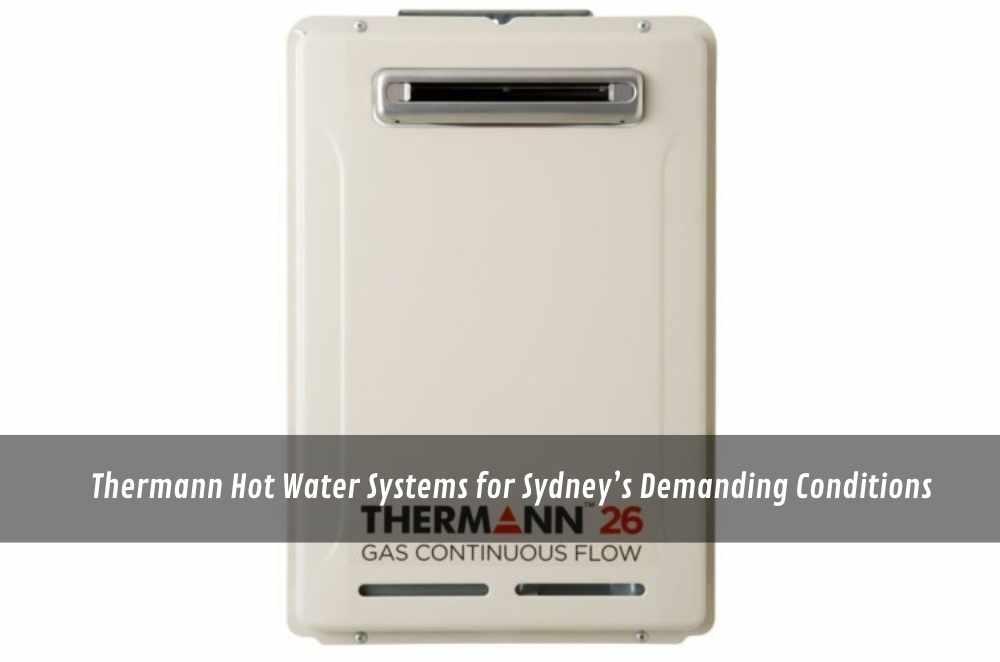
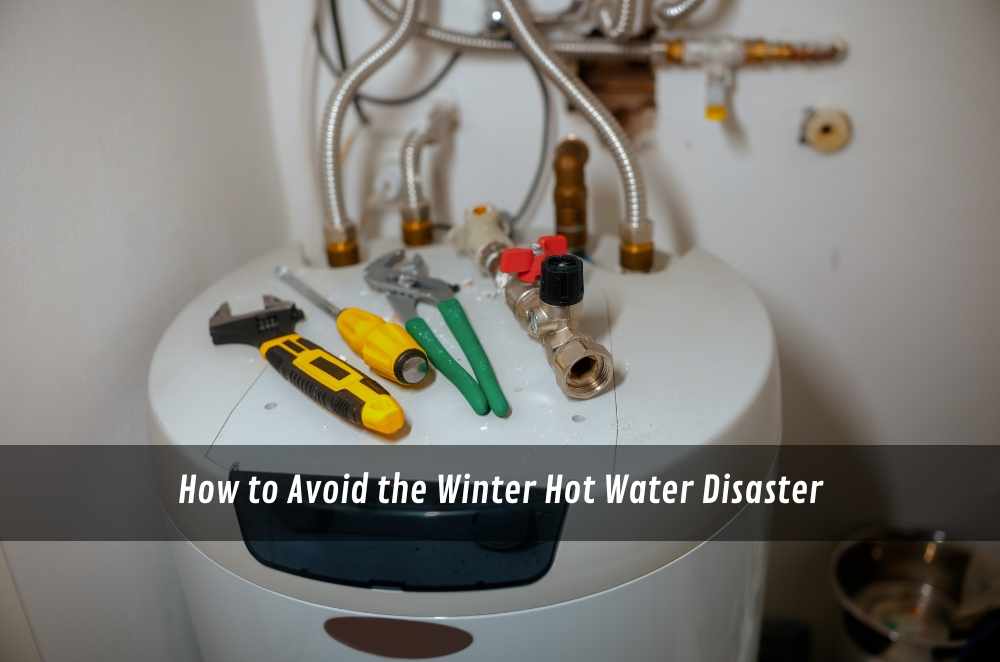
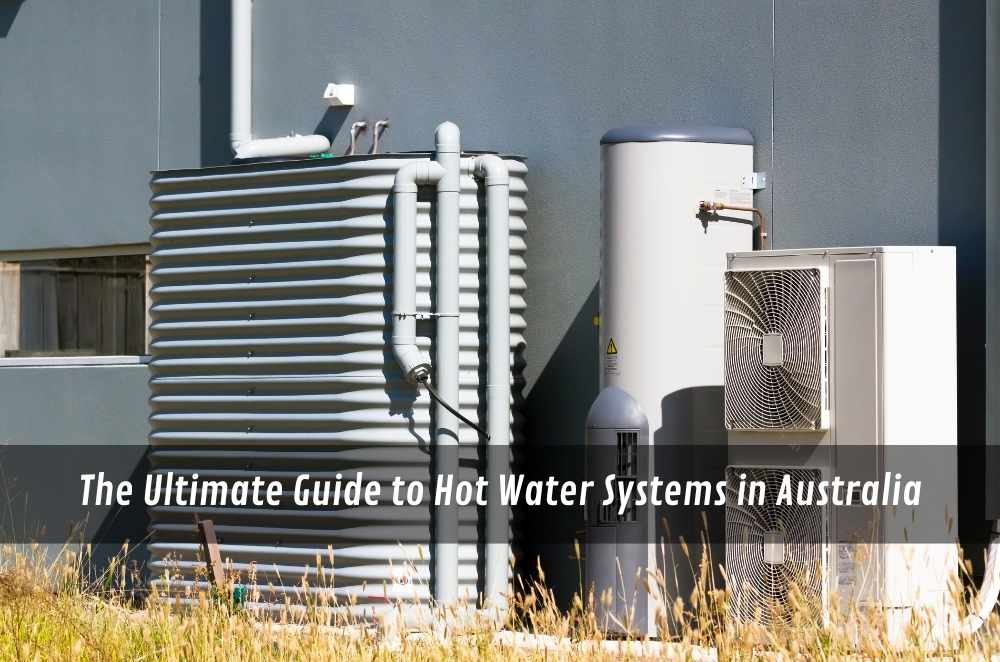
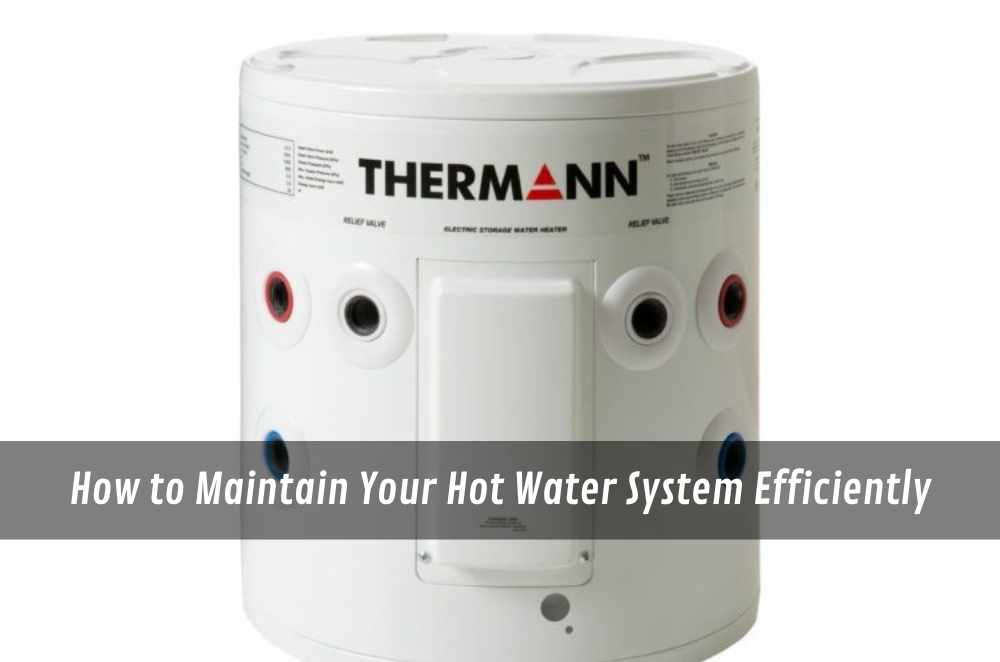
Write a comment ...